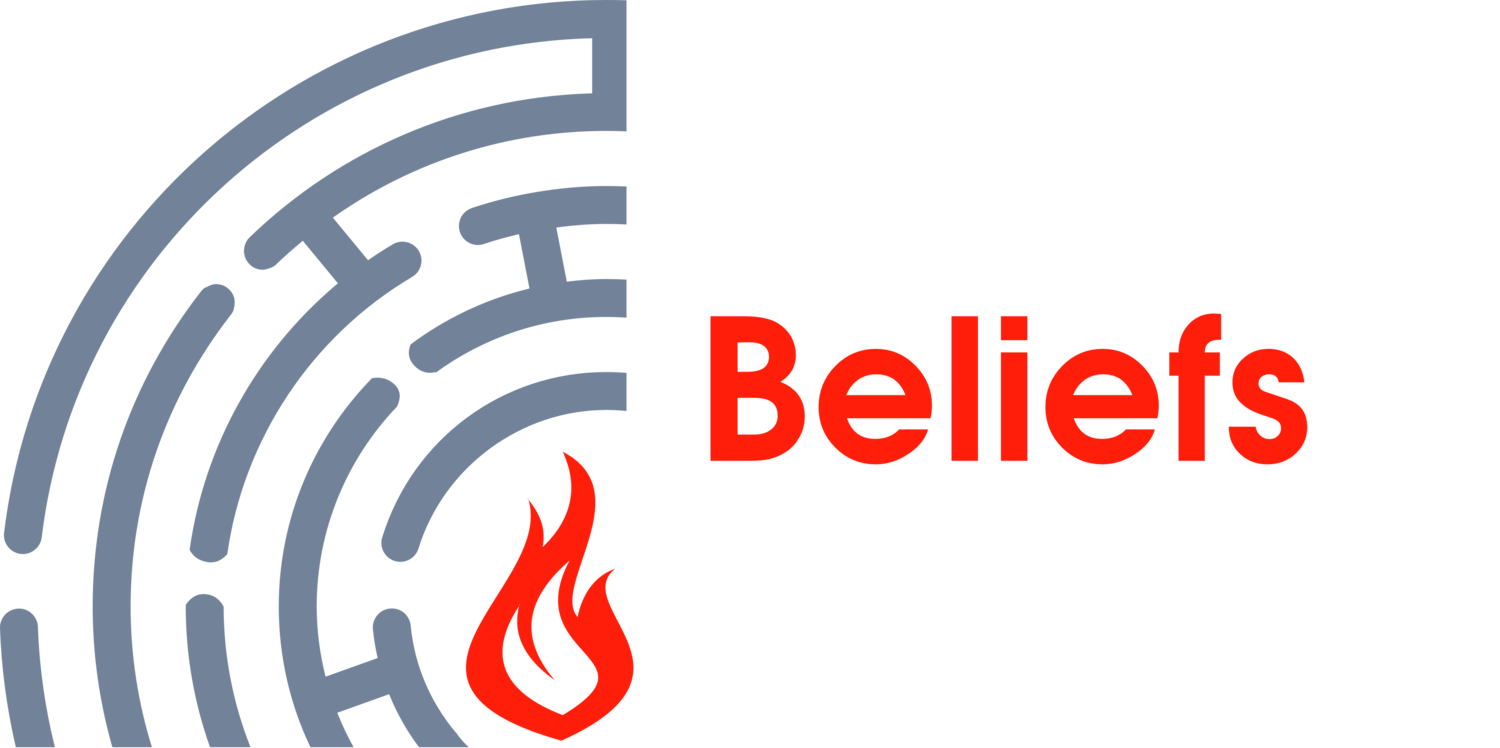Books: Atlas of Moral Psychology
Edited by Kurt Gray and Jesse Graham
This comprehensive and cutting-edge volume maps out the terrain of moral psychology, a dynamic and evolving area of research.
In 57 concise chapters, leading authorities and up-and-coming scholars explore fundamental issues and current controversies. The volume systematically reviews the empirical evidence base and presents influential theories of moral judgment and behavior. It is organized around the key questions that must be addressed for a complete understanding of the moral mind.
Praise for Atlas of Moral Psychology
“The tremendous recent growth of interest in moral psychology has yielded no shortage of deep debate and thorny thickets. Gray and Graham have brought together a talented array of scholars who are working to cut through these intellectual brambles. Their objective is nothing short of mapping the full complexity of the moral domain. This volume is a major achievement.”
—Linda J. Skitka, Department of Psychology, University of Illinois at Chicago
“A gift for anyone interested in moral psychology. The Atlas is a masterful, state-of-the-art compendium of descriptive and theoretical work on moral judgments, emotions, and reasoning, as well as the compulsive force of parochial social norms and the human experience of self-evidently appealing universal values. Students of the human mind looking for a map of its ethical component should be very happy.”
—Richard A. Shweder, Harold Higgins Swift Distinguished Service Professor, Department of Comparative Human Development, University of Chicago
“The last two decades have seen an explosion in the number of philosophers and scientists turning to the study of moral psychology. The result is a thriving field—the most robustly interdisciplinary in the academy—dedicated to discovering how the mind works out moral matters. If you want to know where moral psychology is at and where it’s heading, look no further than the Atlas of Moral Psychology. In 57 provocative chapters, a stellar group of leading researchers ask, and begin to answer, the questions that will define the field for years to come.”
—John M. Doris, Philosophy–Neuroscience–Psychology Program and Philosophy Department, Washington University in St. Louis


